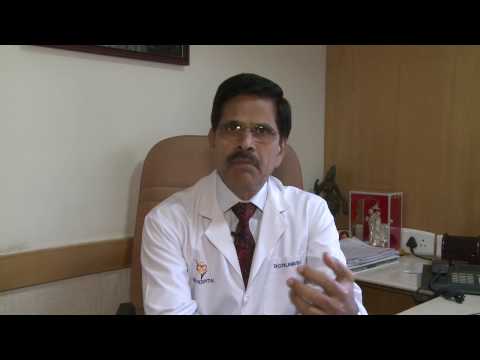
Inspiring Doctors: Medical career starts at 40, then invented a surgical procedure
Dr C Palanivelu’s life is anything but ordinary. For one thing, he started his medical career when he was 40- starting at an age when many medical professionals are well settled in life. But let’s not get ahead of ourselves here. Let’s look at things from early on.
Challenging poverty
The young Palanivelu used to be a resident of Pudur in Namakal district in Tamil Nadu. He grew up the son of a poor farm labourer. However, when a draught hit his village, he had to migrate to Malaysia along with his family. “There was drought-like situation in our village and our family migrated to Malaysia. We returned to India when I was in Class V. My parents tried to admit me in a school but they were not ready since I did my education upto Class IV in Malaysia. All the efforts for my education went in vain,” says the doctor.
But the doctor persisted and eventually he was admitted by a school. Usually, kids would finish their matriculation when they are 15. However, in the doctor’s case, that happened only when he was 21- thanks to the delay in education he faced after returning from Malaysia.
However, the late matriculation didn’t deter the doctor from taking his studies further. There was one particular reason which inspired him for that, “I do not regret the delay. I observed in my small village that there was no medical facility, not a single doctor. I saw villagers suffering from diseases, injuries and lying untreated. At that very moment I decided to become a doctor,” he said.
He started doing his MBBS when he was 28. He also went on to earn a Post-Graduate degree in Surgery. He wished for an MCH in Surgery. However, as it wasn’t available he waited for it.
After he received his MCH degree, in 1990, when the doctor was 40, he joined the Coimbatore Medical College as a teacher.
His passion for the medical profession made him turn down many lucrative offers after finishing MCH. . “I kept telling those people that I am the doctor of my village Pudur,” he said.
One of the highpoints of the doctor’s career was the invention of a new technique for cancer esophagus in eophagectomy. The procedure, in fact is named after him and is called “Planivelu’s technique of esophagectomy.” He also became the first in the world to perform successfully Laparoscopic Whipple operation.
Staying true to his roots
The doctor is now the director of the Gem hospital in Coimbatore which started operations in June 2001. In fact, his hospital specializes in laparoscopy.
Growing up as the son of a poor farm labourer, the doctor had experienced poverty first hand. He knows that for a poor person, a single day’s trip to the hospital would curb their ability to earn.
“The whole family would be displaced. With the advent of laparoscopy, the recovery period was reduced and the first thing that struck me was that it would help fellow villagers and farmers,” he said.
He now gets invited from medical schools around the world, where he visits and teaches young medicos. The doctor has also founded ‘Care for Life’ foundation by which he helps poor people.
For his significant contributions to the medical field and to the people, he has been awarded the BC Roy award by the President of India.
Image credits: wn.com